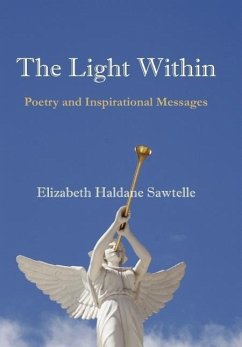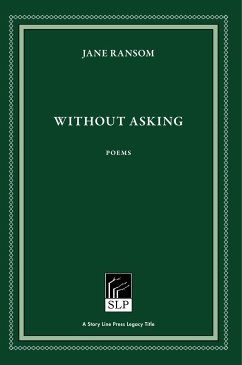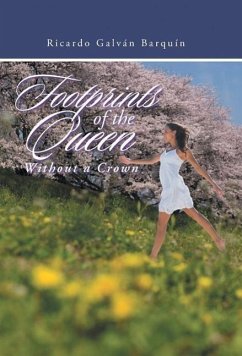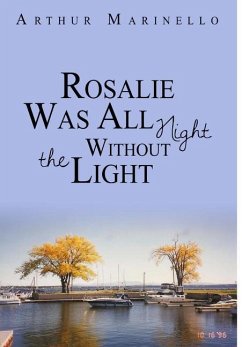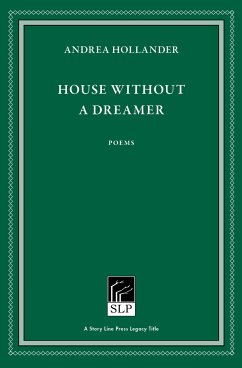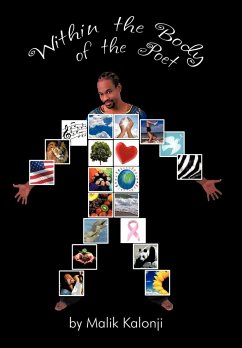
The Violence Within/The Violence Without
Wallace Stevens and the Emergence of a Revolutionary Poetics
Versandkostenfrei!
Versandfertig in über 4 Wochen
48,99 €
inkl. MwSt.

PAYBACK Punkte
24 °P sammeln!
Wallace Stevens (1879-1955), one of the leading poets of the twentieth century, continues to influence a wide range of poets writing today. However, an image persists of Stevens as an aesthete who was politically removed from his times and who also exhibited sexist and racist tendencies. Jacqueline Vaught Brogan offers careful readings from across the Stevens canon to demonstrate that contrary to such enduring earlier assessments, Stevens's work shows poetic and political changes over the years that merge with his growing ethical concerns. Brogan traces Stevens's evolving poetic practices alon...
Wallace Stevens (1879-1955), one of the leading poets of the twentieth century, continues to influence a wide range of poets writing today. However, an image persists of Stevens as an aesthete who was politically removed from his times and who also exhibited sexist and racist tendencies. Jacqueline Vaught Brogan offers careful readings from across the Stevens canon to demonstrate that contrary to such enduring earlier assessments, Stevens's work shows poetic and political changes over the years that merge with his growing ethical concerns. Brogan traces Stevens's evolving poetic practices along three major lines that often intersected. She situates the beginnings of Stevens's development within his early resistance to the pressures of "reality" on the imagination, an artistic stand that pitted him against the "objective" poetry exemplified in the work of William Carlos Williams. In the midst of Stevens's career, World War II moved him forward with new poetic responsibilities both to witness the current world and to guide readers into their future. The emergence of an almost feminist vision defines Stevens's third line of development. Finally, Brogan addresses the subject of Stevens and race, not as a developmental stage but as an undercurrent throughout his work. According to Brogan, Stevens not only changed but matured over time. What began as an aesthetic "violence within, " or a girding against such "violence without" as social unrest and war, rapidly evolved during Stevens's middle years into a set of perceptions and practices increasingly responsive to his times.





